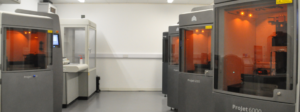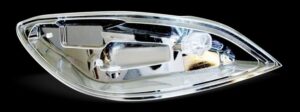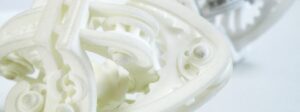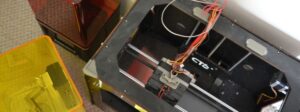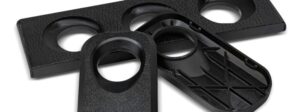- Home
- 3D Printing
3D Printing

3D printing high-quality prototype parts
As one of the UK’s leading 3D printing specialists, we meet the needs of product developers and companies needing high-quality one-offs and small batches.
What is 3D printing?
3D printing is a generic term for a variety of additive manufacturing (AM) technologies, also known as rapid prototyping (RP) and rapid manufacturing (RM). These are additive processes in which parts are built in thin layers. Here at Prototype Projects, we produce plastic parts from powder, extruded plastic or photopolymer resins (light-curing liquids). On request, we can outsource the production of additively manufactured metal parts.
Which 3D printing technology is best for prototyping?
The question of which 3D printing technology to use depends on the application, so we offer multiple technologies:
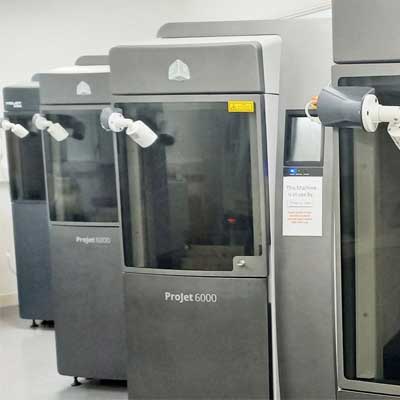
Stereolithography
(SLA)
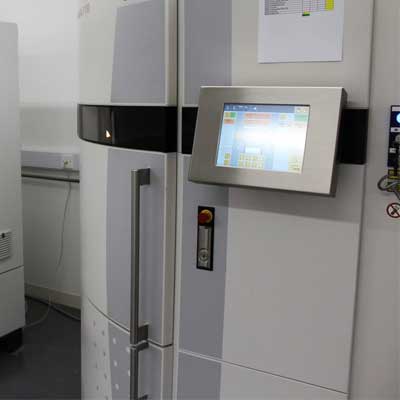
Selective Laser Sintering
(SLS)

Polyjet

Digital Light Projection
(DLP)
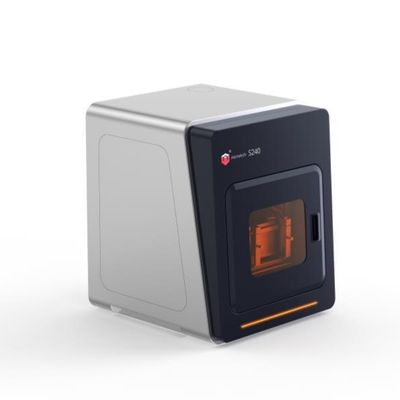
Projection Micro Stereolithography
(PµSL)
To complement these, we also have CNC machining, laser cutting and vacuum casting. If you are unsure which is the optimum technology for your project, talk to us to get an unbiased opinion.
What is the tolerance on 3D printed prototype parts?
Our quoted tolerance on 3D printed parts is ±0.5mm though this is influenced by part geometry, 3D printing technology, material and build orientation. If you need tighter tolerances on particular features, talk to us and we will do whatever we can to help.
What is the smallest feature that can be 3D printed?
Generally speaking, features smaller than 0.6mm will not form, though there is some variation between 3D printing technologies. If your part has a feature smaller than 1mm, talk to us before requesting a quote, as we will need to interrogate the part file to determine the best build orientation.
What materials are used for 3D printing prototype parts?
We have five different 3D printing technologies and each machine manufacturer recommends a range of materials. From these, we have selected a set of materials to meet the vast majority of our customers’ needs. More information is provided on our page about materials for 3D printing.
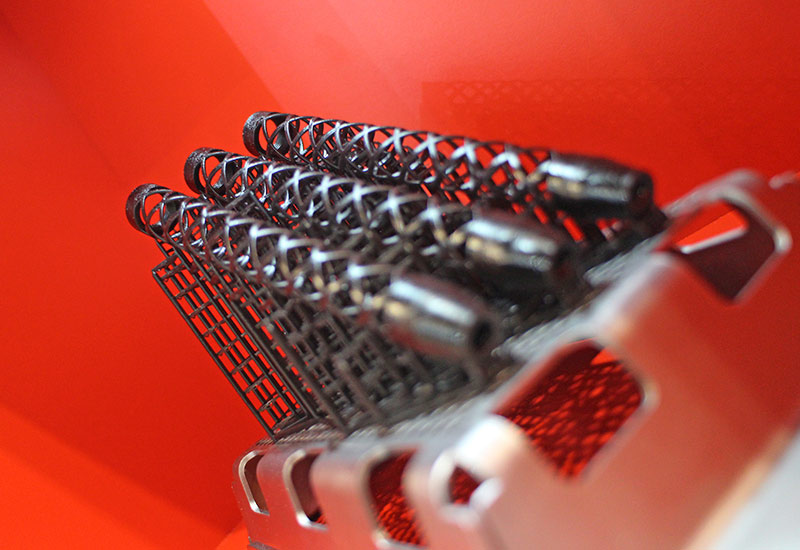
Finishing options for 3D printed prototype parts
We offer a choice of finishes for 3D printed parts, including SLS colouring, painting, lacquering and blackout/RFI/EMC coatings. The choice depends on the 3D printing technology, material, and whether the part is for a visual model or a functional prototype. Details are provided on our 3D printing finishing options page.
Inspection of 3D printed parts
All parts are inspected visually after printing and, again, after finishing. In addition, key dimensions are checked with callipers. If required, we can inspect parts using our co-ordinate measuring machine and produce detailed inspection reports. Read more about our inspection facilities.
Service levels for 3D printing
We offer three service levels to suit customers’ technical requirements, timescales and budgets: Express, Standard and Economy. If you need parts quickly, we ship parts the next working day with our Express service.
Quality is the same, whichever service level you choose; machine settings and build orientation are always selected to optimise the part’s requirement, not build speed.
Find out more about our Service Levels and dispatch times.
3D printing workflow
When you send us an enquiry with a STEP or STL file, we check it, raise any queries, then prepare a quote. We do not need 2D drawings unless there are critical dimensions or other features to highlight. If you accept the quote, we prepare the build file and schedule the job.
After printing, parts are visually inspected, finished as necessary, then inspected again prior to packing and dispatch. We use our own vans for free local delivery or a courier for customers further afield.
Our latest 3D Printing news
Talk to us
Do you need 3D printed prototype parts? Talk to us about your project on 01763 249760 or complete the enquiry form below to request a quote.
Model Making & Workshop team
Our model making and AP/AM workshop team deliver high-quality 3D printed and vacuum cast prototype parts. We offer next day dispatch on SLS, SLA, Polyjet and DLP. Request a quote for your next prototype project.

Gemma Zouher-Lewis
Senior RP Workshop Technician - Team Leader
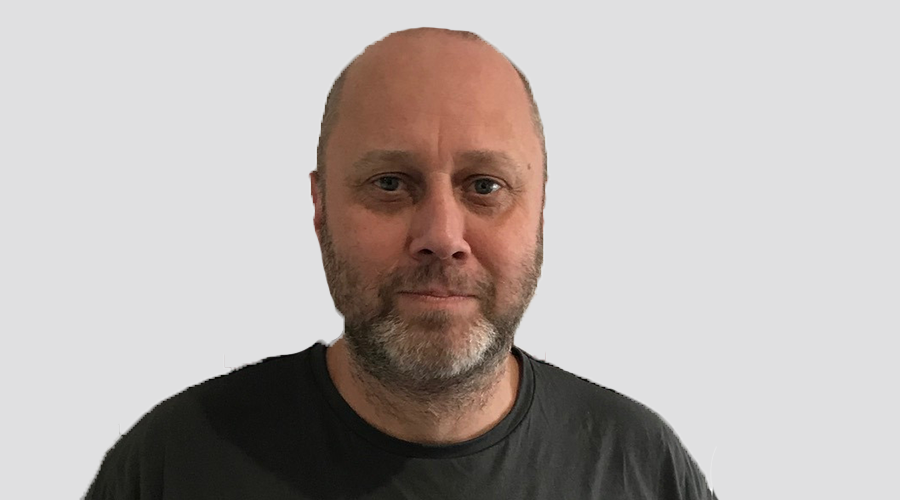
Mark Avory
RP Technician
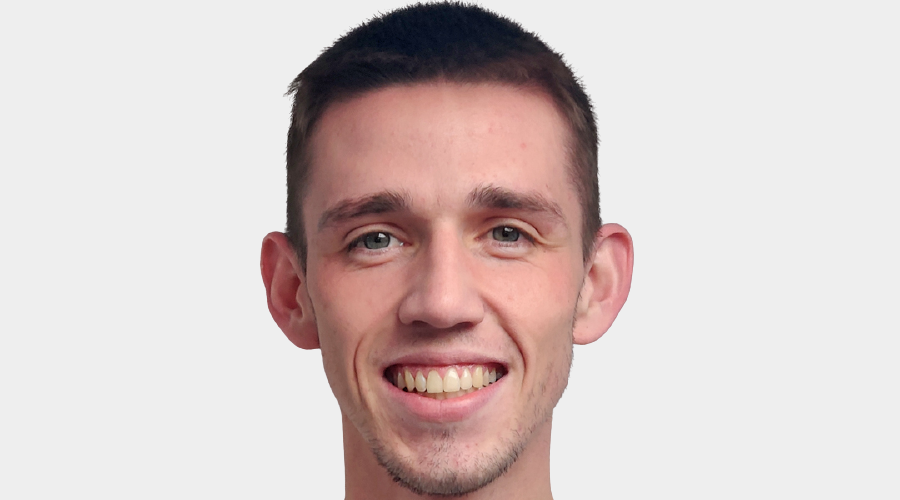
Jordan Cooney
RP Technician
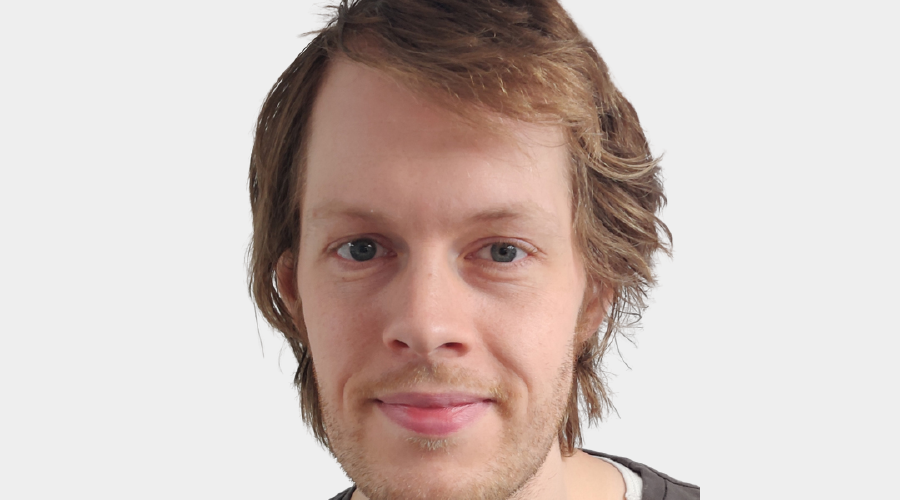
Nick Crown
RP Technician

Chris Johnson
RP Technician

Hemal Maisuria
RP Technician

Leon Willis
Workshop Assistant/Delivery Driver
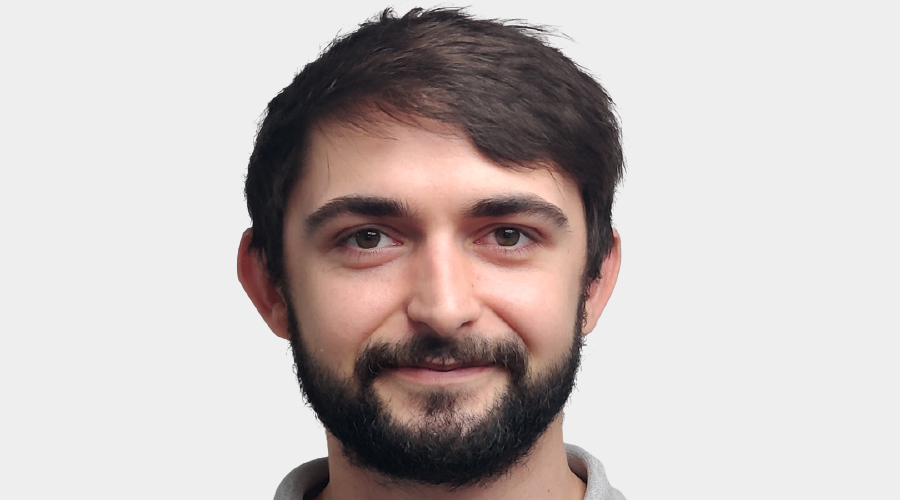
Adam Sharkey
Senior RP 3D Technician - Team Leader
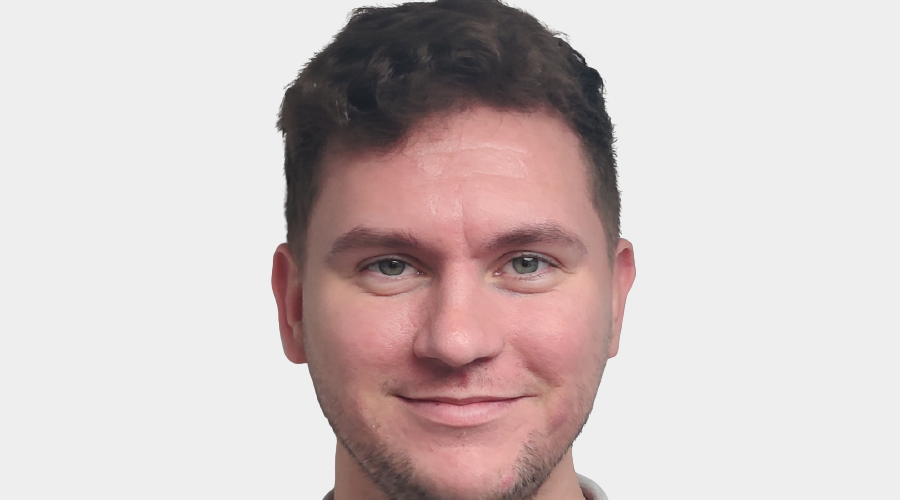
Alex Barnett
Senior RP Technician
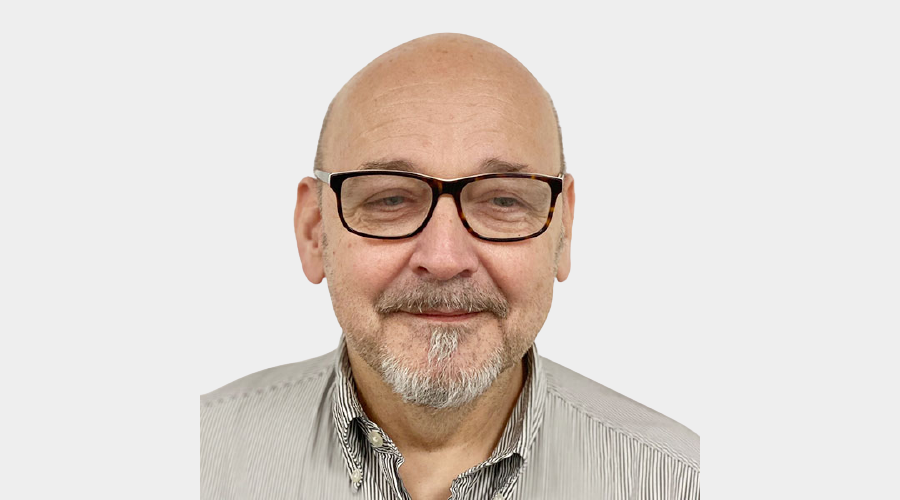
Jan Mlynarcik
3D Print CAD Technician

Luke Webb
RP 3D Printing CAD Technician



